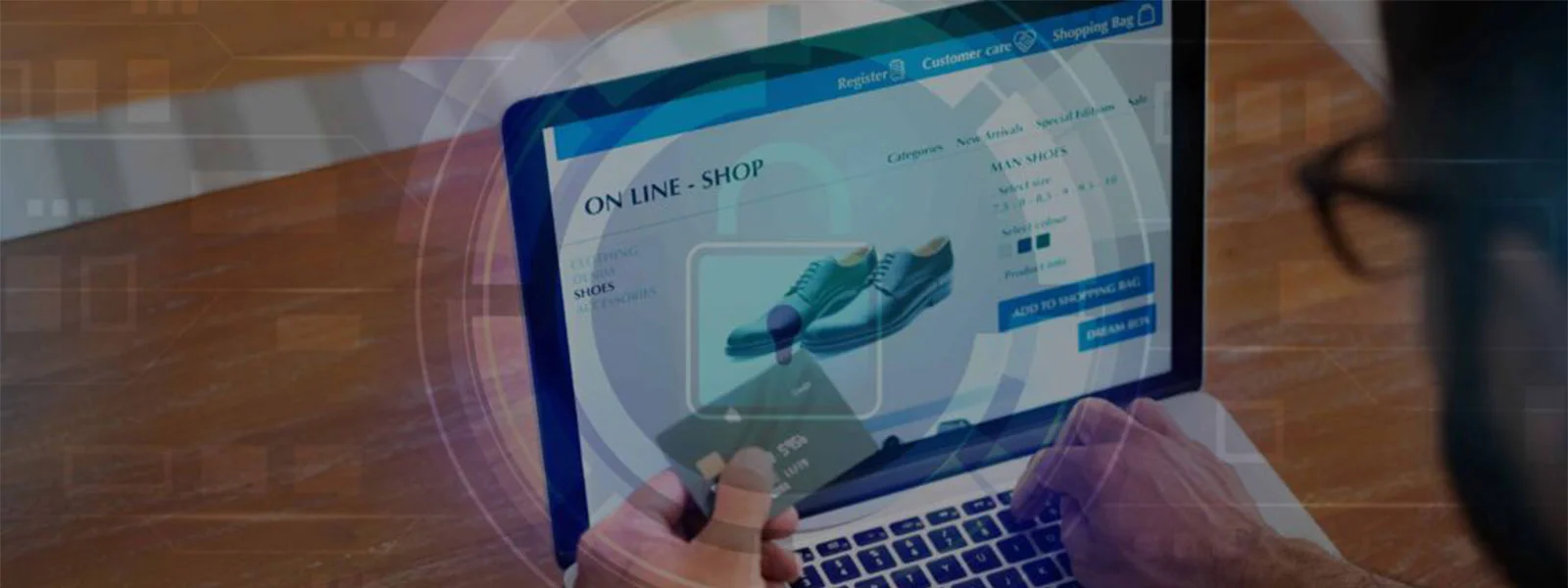Can we imagine a day without browsing the internet? No!
As the usage of the internet increases, so do the security issues. Most websites and mobile apps use your browsing history to understand your likes, interests and needs. It helps them to make a customised marketing strategy for you. Hackers do the same by using the vulnerabilities in your operating systems and browsers to gather this information. Our cybersecurity experts from Perth give you a few tips on how to browse the internet safely in this article.
Update Software Regularly
Cybercriminals exploit vulnerabilities in the operating systems and browsers to gain access to your system. Keeping all software up to date is the best way to overcome this. Ensure that you install all updates and security patches regularly. It takes care of your system security and also makes your browsing experience smooth and easy.
Clear Cache, Cookies and Browsing History Frequently
Google always helps its users to know if a site is secured or not. A secured site will have https instead of http. Also, check for the closed padlock symbol at the left corner before the URL. This helps you to identify if a site is secured or not easily.
Use Latest Antivirus Software
Cyberthreats continuously evolve along with any new web technology. It is, therefore, necessary to keep your antivirus updated to ensure maximum protection. Ensure that you use antivirus software that will protect against most if not all types of viruses and malware.
Make Online Purchase from Genuine Sites

Even before the COVID pandemic, online shopping was on the rise. This has opened a doorway for hackers to peek into your sensitive personal information directly. Most credit card and online banking thefts relate to online shopping. Use only legitimate sites to make online purchases. And make sure of the credibility of the site before entering bank and credit card details. Look for https and padlock symbol in the URL of any online payment page.
Use Pop-up Blockers
While most of the pop-ups are unwanted ads, some could contain malicious links. Pop-ups may open up a new window even while we are trying to close it. This one-click can download spyware and malicious software and programs to your systems. You can use ad blockers which help to control pop-ups.
Use Virtual Private Network VPNs
Avoid using public Wi-Fi to browse the net as much as possible. If you do need to use public Wi-Fi, use a VPN. It protects your IP address from being tracked by encrypting the user information. It creates a virtual path between your device and the public network system you are using. You can even hide your location with VPNs. This enables you safe and private online browsing over a public network. Read our post on how to choose a VPN to know more about VPNs.
Use a Strong Password
While this is a basic security measure, it is also one of the most overlooked. Always use a strong password with a combination of letters, numbers and special characters. Keep it random that does not make a whole word. Certainly not your birthdate or pet’s name! If you use a lot of logins, Password managers can help you create strong passwords, and you don’t need to remember them. Some Other Measures- Download apps from only official app stores.
- Don’t click on suspicious links. Hover over the link to see the full address, mostly in the bottom left corner.
- Never respond to emails or offers asking for sensitive information like bank details or birth dates.
- Don’t click on offers that look too good to be true.
- Don’t respond to friend requests from strangers on social media sites.
- When not sure, try searching for a keyword related to the link or the company’s name. Avoid clicking on a link provided in a message or mail.
- Upgrade the security settings of your browser.
- Ensure you logout fully and close all browsers while using public or shared computers.
These are some simple tips on how to browse the internet safely. As the world gets connected more and more to the internet, we cannot avoid using it. But you can certainly understand and be cautious about risks to make your browsing experience easy and safer. Need to secure your systems? Our cybersecurity experts are 24/7 ready to assist you with any cybersecurity issues. Contact us or email us at cybersecurity@computingaustralia.group.
Jargon Buster
Pop-ups or Pop-up ads – forms of online advertisement that are graphical user interface display areas that suddenly appear in the visual interface.
Encryption – The process of converting data into code to protect it from unauthorised access.
Virus – A malicious program that infiltrates onto a user’s computer and replicates itself by modifying other computer programs, inserting its own code, and later performing malicious actions.



